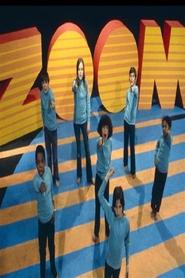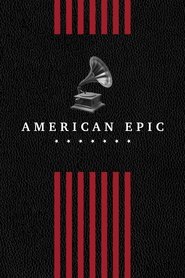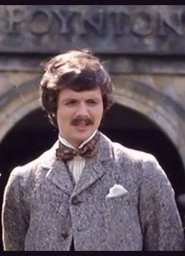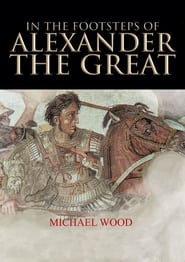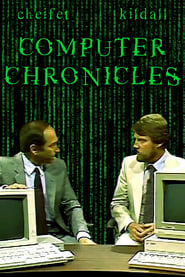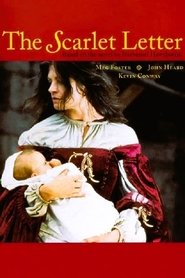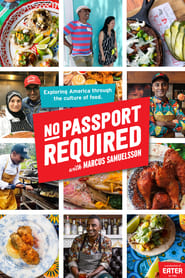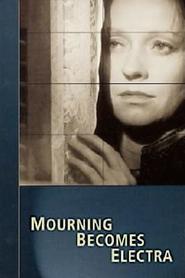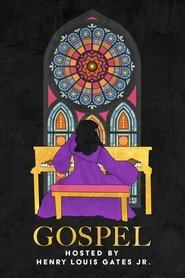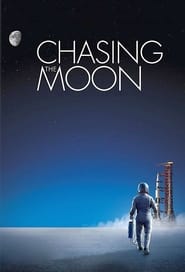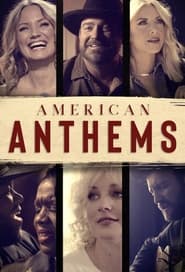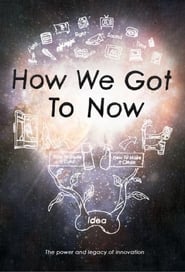Pbs TV Series - Page 17
-
American Epic
2017
star 7.2Travel the country in search of unknown 1920s artists, when the music of ordinary Americans was recorded for the first time, transforming music forever, in a three-part film narrated by Robert Redford, featuring Jack White, Nas, Taj Mahal and others. -
The Spoils of Poynton
1970
star 5.5Adele Gereth has taken young Fleda Vetch under her wing. Adele is intensely houseproud, and sees a potential future mistress of the house in Fleda, and an inheritor of her life's work. -
Warship
2001
star 6The evolution of the modern naval warship, from the days of wooden vessels under sail to today's nuclear-powered aircraft carriers, submarines, and missile cruisers. -
Cancer: The Emperor of All Maladies
2015
star 7.2The documentary series aims to reshape the way the public sees cancer and strip away some of the fear and misunderstanding that has long surrounded it. The story of cancer is a story of human ingenuity, resilience, and perseverance but also of hubris, paternalism and misperception. -
In The Footsteps of Alexander the Great
1998
star 8.3In the Footsteps of Alexander the Great was a BBC documentary television series first shown in 1998. It was written and presented by British historian and broadcaster Michael Wood. Wood retraced the travels of Alexander the Great, from Vergina in Macedonia, where his father Philip II of Macedon died and Alexander was proclaimed king, through seventeen present-day countries to the borders of India and back to Mesopatamia, where he died. Whereas most of Wood's documentary series had titles beginning "In Search of...", the title of this series reflected a slightly different approach. The series was directed by David Wallace. -
Mythos
0000
Mythos
0000
Mythos is a three-part documentary that consists of a series of lectures given by Joseph Campbell. Campbell conceived of the original lectures, filmed over the last six years of his life, as a summation of what he had learned about the human mythic impulse, in terms of psychology, ethnology and comparative mythology—what he called "the one great story of mankind." -
Computer Chronicles
1984
star 7The Computer Chronicles was an American television series, broadcast during 1981-2002 on Public Broadcasting Service public television, which documented the rise of the personal computer from its infancy to the immense market at the turn of the 21st century. The series was created in the Fall of 1981, by Stewart Cheifet, then the station manager of the College of San Mateo's KCSM-TV, initially broadcast as a local weekly series. Jim Warren was its founding host for its 1981-1982 season. It aired continuously from 1981 to 2002 with Cheifet co-hosting most of its later seasons. Gary Kildall served as co-host for six years providing insights and commentary on products as well as discussions on the future of the ever-expanding personal computer sphere. -
Circus
2010
Circus
2010
-
Black America Since MLK: And Still I Rise
2016
star 9A look at the last five decades of African American history since the major civil rights victories through the eyes of Henry Louis Gates, Jr., exploring the tremendous gains and persistent challenges of these years. -
The Scarlet Letter
1979
star 4.7The Scarlet Letter is a 1979 miniseries based on the novel of the same name that aired on WGBH from March 3, 1979 to March 24, 1979. The series is four episodes long, 60 minutes each. Part 2 won the 1979 Emmy Award for Outstanding Video Tape Editing for a Limited Series or Special for film editors Ken Denisoff, Janet McFadden, and Tucker Wiard. In 1979, when most literary programs were being produced in the United Kingdom, Boston public television station WGBH decided to produce a homegrown literary classic of its own. The result is this epic version of Nathaniel Hawthorne's enduring novel of Puritan America in search of its soul. Hester Prynne overcomes the stigma of adultery to emerge as the first great heroine in American literature. Hawthorne's themes, the nature of sin, social hypocrisy, and community repression, still reverberate through American society. Meg Foster brings a quiet strength to the role of Hester, the adulteress condemned to wear a scarlet "A" for the rest of her life. As her partner in crime -
Civil War: The Untold Story
2014
star 5Recounts how the struggle between North and South, long defined by battles like Gettysburg, Antietam, and Bull Run, was actually dependent on events in the West. Although often overlooked, the western theatre saw some of the conflict's bloodiest encounters, such as Shiloh, Vicksburg, and Chickamauga, and featured iconic leaders. -
No Passport Required
2018
star 8Join chef Marcus Samuelsson on an inspiring journey across the U.S. to explore and celebrate the wide-ranging diversity of immigrant traditions and cuisine woven into American food and culture. -
Smart Travels with Rudy Maxa
2002
star 8With an extensive investigative reporting background, Rudy Maxa uses his fine-tuned travel techniques on his journey around the world. Join him and discover all sorts of incredible countries and cities that are full of energy and vitality. -
Mourning Becomes Electra
1978
star 4.5In a Greek tragedy updated to the 1860s, young New Englanders exact vengeance after the murder of their father. -
Gospel
2024
Gospel
2024
Dig deep into the origin story of Black gospel music, coming out of slavery, blending with the blues tradition, and soaring to new heights during the Great Migration. From Mahalia to Kirk Franklin, in the last century, gospel music has become the dominant form of African American religious expression and provided a soundtrack of healing and uplift to those at the front lines of protest and change. -
Chasing the Moon
2019
star 8.3An unprecedented look at the decade-long odyssey to land a man on the moon. This documentary pulls back the curtain on the familiar narrative of the moonshot, revealing a fascinating stew of scientific innovation, political calculation, media spectacle, visionary impulses and personal drama. -
American Anthems
2022
American Anthems
2022
Jennifer Nettles and other music stars surprise local heroes with a private show featuring a new song written about their amazing achievements. -
How We Got to Now
2014
star 7.7How We Got To Now with Steven Johnson is a six part documentary series that reveals the story behind the remarkable ideas that made modern life possible; the unsung heroes that brought them into the world – and the unexpected and bizarre consequences each of these innovations has triggered.
